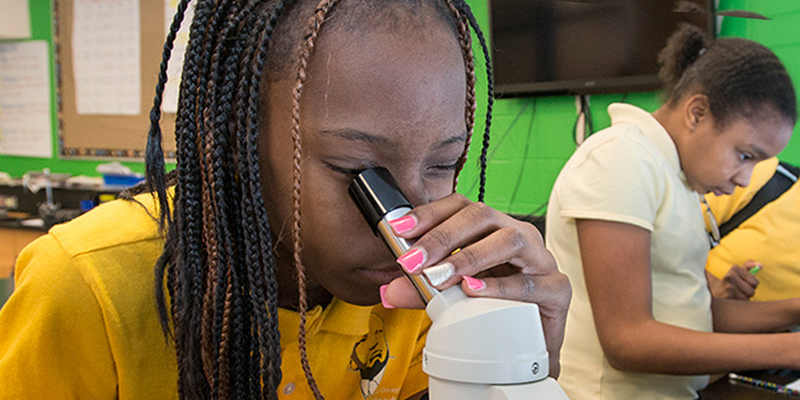Health Lab Crisis Assistance Response and Engagement (CARE) Implementation Evaluation
The University of Chicago Health Lab recently published the results from its two-year implementation evaluation of Chicago’s Crisis Assistance Response and Engagement (CARE) Pilot Program. This promising initiative was the result of a partnership between the Chicago Mayor’s Office, the Chicago Department of Public Health (CDPH), the Chicago Fire Department (CFD), the Office of Emergency Management and Communications (OEMC), the Chicago Police Department (CPD), the Office of Public Safety Administration (OPSA), and EMS Region 11. Prior to launching a pilot of the program, the City asked the University of Chicago Health Lab to support their efforts by conducting an implementation evaluation, which includes a detailed look at the context, program logistics, processes and overall development of the pilot, key informant interviews conducted with participating agency leadership and CARE program staff, and quantitative descriptive analyses of the program’s administrative data.
CARE is one example of the new types of crisis response programs that have proliferated throughout the country over the past decade. However, despite the rapid advancement of these novel models, much remains unknown regarding operational practices, comparability across sites, or effectiveness. This implementation evaluation was designed to help Chicago policymakers identify and address operational challenges before implementing CARE at-scale throughout the city, and to lay the foundation for a subsequent outcome evaluation. This study also generates programmatic insights regarding these new models that we hope will help inform policymakers and practitioners in cities and other localities across the country.





